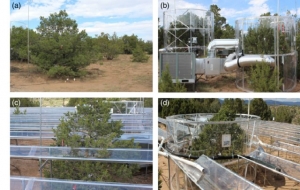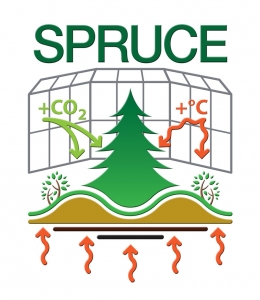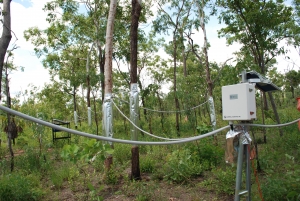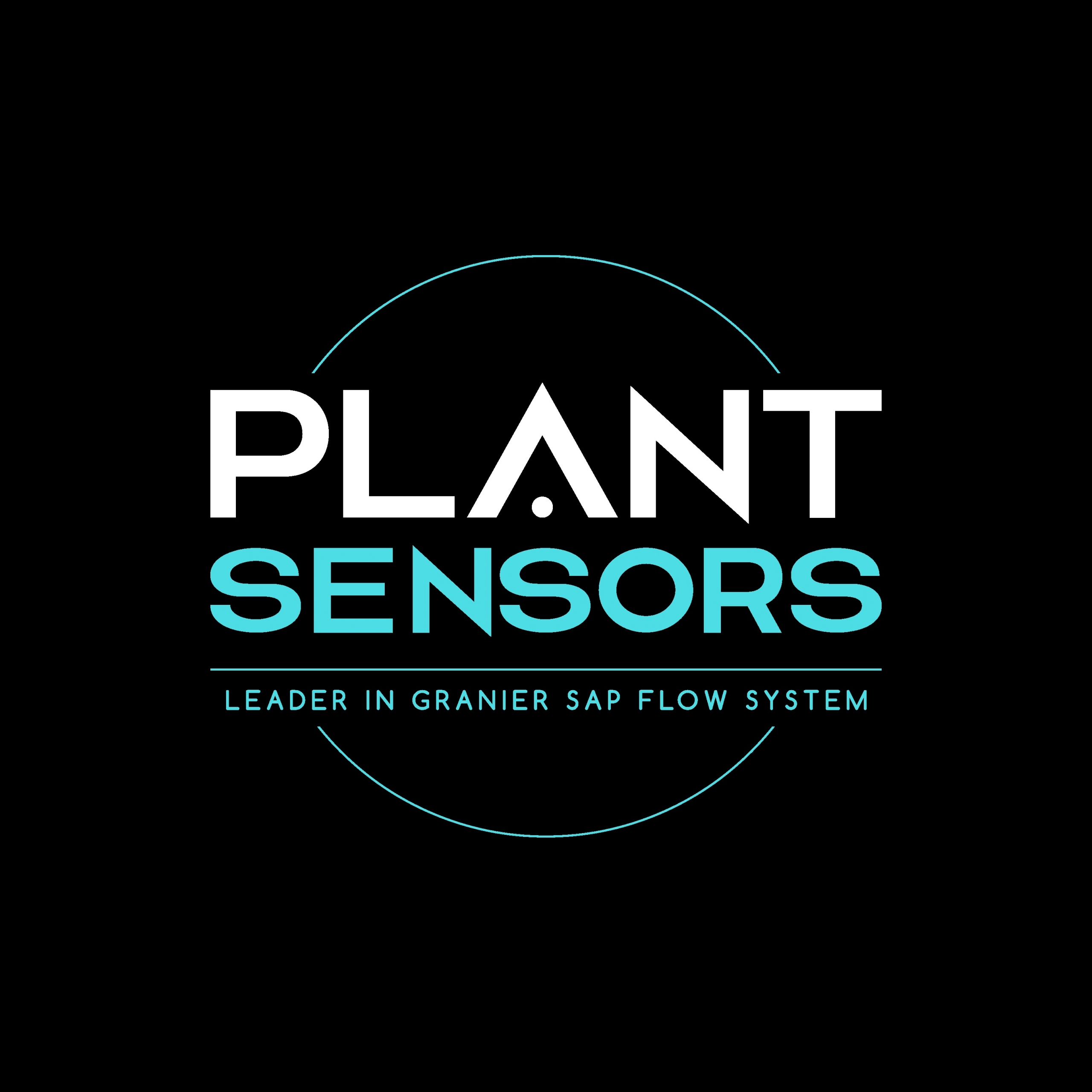Pacific Northwest National Laboratory
Released on 2017-10-17
Recently PlantSensors was selected by the Pacific Northwest National Laboratory to supply a large number of sap flow sensors of various length and other accessories.
PlantSensors won this contract for its quality and reputation over its competitors. Since 2010 we have been supplying the Oak Ridge National Lab, Los Alamos National Lab and Lawrence Berkeley National Laboratory, and it’s the first time that we directly supply to the Pacific Northwest National Lab.
Los Alamos Survival-Mortality Experiment
Released on 2017-10-17
Recently Dr. Charlotte Grossiord of the Los Alamos National Lab pu blished a paper “Tree water dynamics in a drying and warming world” in the journal “Plant, Cell and Environment”.
blished a paper “Tree water dynamics in a drying and warming world” in the journal “Plant, Cell and Environment”.
This work is part of the “Los Alamos Survival-Mortality (SUMO) Experiment” funded by
the US Department of Energy at the Los Alamos National Laboratory. PlantSensors Sap Flow Measurement Systems are used in this experiment.
Next-Generation Ecosystem Experiments–Tropics
Released on 2016-10-01
 Recently, PlantSensors was honoured to be the selected supplier of a large number of Granier sap flow systems to the “Next-Generation Ecosystem Experiments–Tropics (NGEE-Tropics)” project that is a DOE-funded, multi-institutional project led by Lawrence Berkeley National Laboratory.
Recently, PlantSensors was honoured to be the selected supplier of a large number of Granier sap flow systems to the “Next-Generation Ecosystem Experiments–Tropics (NGEE-Tropics)” project that is a DOE-funded, multi-institutional project led by Lawrence Berkeley National Laboratory.
PlantSensors won this significant contract thanks to its higher product quality than its competitors’ and demonstrated high reliability in hot and humid tropics.
Since 2010 we have regularly supplied sap flow systems to Oak Ridge National Laboratory and Los Alamos National Laboratory, and this was the first time we directly supply to Lawrence Berkeley National Laboratory.
NGEE-Tropics is a DOE-funded, multi-institutional project led by Berkeley Lab, focused on how tropical forests interact with Earth’s climate. Tropical forests cycle more CO2 and water than any other ecosystem, and play critical roles in determining Earth’s energy balance. Intact tropical forests are also estimated to be Earth’s largest carbon sink, yet the stability of this sink is susceptible to a warming climate and disturbance processes. Understanding of carbon and related water and energy exchanges between tropical forests and the atmosphere lags that of other ecosystems, and poor model representation of these processes is the most significant source of terrestrial uncertainty in projections of Earth’s future climate. Please click on the above picture for details of the project.
SPRUCE- Spruce and Peatland Responses Under Climatic and Environmental Change
Released on 2016-10-01
 PlantSensors’ Sap flow systems were used in the Oak Ridge National Laboratory’s “SPRUCE- Spruce and Peatland Responses Under Climatic and Environmental Change” project.
PlantSensors’ Sap flow systems were used in the Oak Ridge National Laboratory’s “SPRUCE- Spruce and Peatland Responses Under Climatic and Environmental Change” project.
View the details of the project
“A comprehensive data acquisition and management system for an ecosystem-scale peatland warming and elevated CO2 experiment” published in Geosci. Instrum. Method. Data Syst., 4, 203–213, 2015 www.geosci-instrum-method-data-syst.net/4/203/2015/ doi:10.5194/gi-4-203-2015 © Author(s) 2015. CC Attribution 3.0 License.
Our PS-TDP8 sap flow system successfully tested in hot, wet tropics
Issued on 2011
Since the launch of the ne w Campbell Scientific CR1000 dataloggers, PlantSensors developed PS-TDP8 Sap flow system to take advantage of the new datalogger which can measure directly 8 sensors. Meanwhile PlantSensors launched the proprietary PS-PS12 Constant Current Power Supply, which can simultaneously power 12 sensors.
w Campbell Scientific CR1000 dataloggers, PlantSensors developed PS-TDP8 Sap flow system to take advantage of the new datalogger which can measure directly 8 sensors. Meanwhile PlantSensors launched the proprietary PS-PS12 Constant Current Power Supply, which can simultaneously power 12 sensors.
The new systems have already passed the harsh field test run under conditions of high temperature, high humidity, frequent lightning and heavy rainfall in the fire-prone North Australian tropical regions. Eight sets of the sap flow systems including 64 sensors successfully monitored sap flow in eucalyptus woodland trees for 12 months without failure of any system components (at Rio Tinto’s Ranger Uranium Mine, Ranger Project Area).
